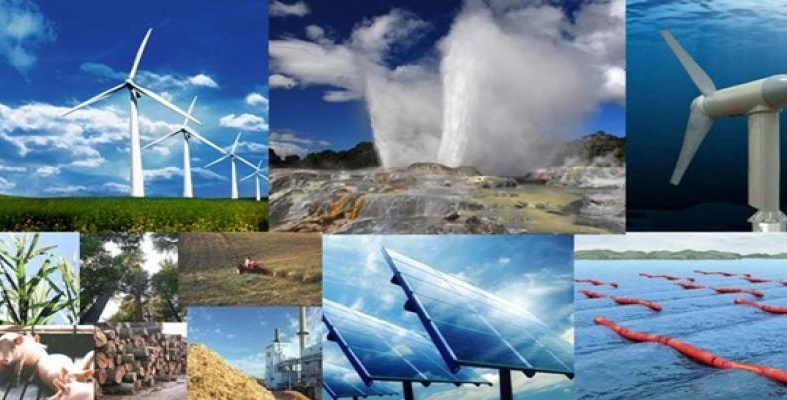
Renewable energies (File image/RHC)
By Roberto Morejón
The transition to clean energy is essential, but it must be fair and inclusive for the benefit of all.
Scientists and zealous guardians of environmental protection agree that if the world aspires to limit climate change, fossil fuels must be phased out and increasing resources must be devoted to clean energy.
Clean energy reduces emissions of harmful gases and provides electricity to communities, especially in the global South, which are currently deprived of this service due to poverty.
The number of people in this disadvantaged condition is eloquent, amounting to 675 million people, four out of five of whom live in sub-Saharan Africa.
But while new technologies have increased the use of alternative energy sources and reduced their cost, estimates suggest that in 2030 one in four people will still rely on unsafe and inefficient cooking systems.
UN sources remind that the process to achieve the Sustainable Development Goal between now and 2030, which aims at access to affordable and modern energy, is not on track.
The stark contrasts in energy infrastructure between the industrialised North and the global South correspond to the disparate enjoyment of resources and well-being in these areas.
Population growth and limited economic opportunities make it more complex for disadvantaged nations to allocate budgets to advancing environmentally friendly energy systems.
If these differences persist, developing and poorer countries will be left behind in the race to equip themselves with systems for using clean energy alternatives.As a result, they will be more fragile in their health, education and economic progress.
This is compounded by the fact that, as the International Renewable Energy Agency states, financial support for clean energy has declined after the COVD-19 pandemic, notably in lower-income countries.
In these territories, many are watching helplessly as water, wind and sunshine are plentiful, but are financially unable to harness their energy potential.The industrialised North must contribute to closing the gap with the South in access to nature-friendly energy systems.

